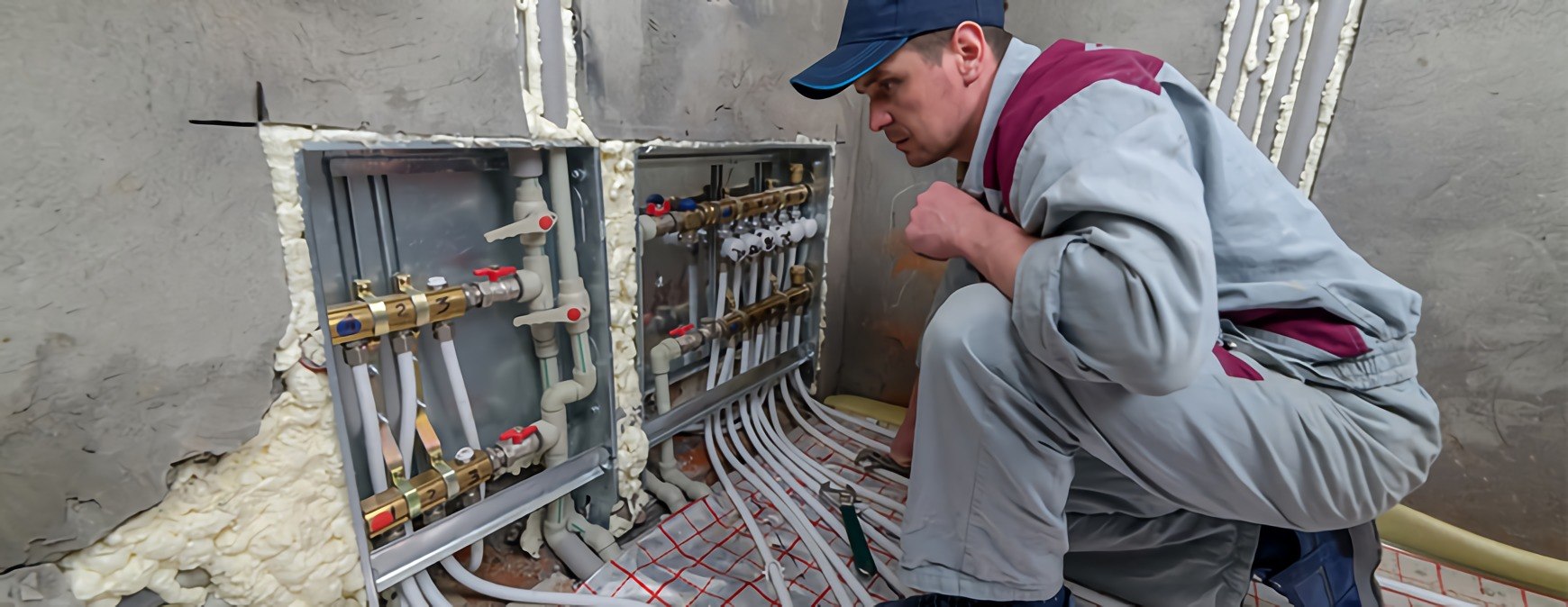TWS is a Great Training Option for Everyone
Learn more about how we can prepare you to advance your career.
As technology and the economy changes, the question arises – which careers can ensure future economic stability? Trade schools offer a faster and less expensive mean of learning the skills necessary for the in-demand jobs of tomorrow. Following is an overview of some of the best future jobs you can train for at Tulsa Welding School.
1. Welder
In principle, joining two metal parts together seems like a simple task. In practice, however, welding companies struggle to find enough skilled welders who are capable of meeting their needs. In fact, one employer in Texas had to station armed guards around his worksite to prevent corporate poachers from stealing its welders. Overall, the American Welding Association predicts that the nation will need 216,000 workers with welding training to fill jobs before 2020.
Welders can work in different industries. An underwater welder, for instance, will join together the massive beams needed for oilrigs and pipelines. A welder working in a small-town brewery will create and maintain the thousand-gallon tanks used to store beer for fermentation and distribution. While many welders find themselves working in the manufacturing and construction industries, others travel with the pit crews of NASCAR racing teams, on cruise ships, and other places.
Although robotic welding has become more prevalent in the manufacturing industry, automation has created, rather than removed, career opportunities for welders. Welders with high-tech skills are needed to oversee and manage the equipment. Lastly, welding offers numerous opportunities for advancement. While the mean annual wage for a welder is $40,040 a year, certified welding inspectors can earn overtime pay depending on the industry.
Have You Considered a Career in the Skilled Trades?
Fill out the form to recieve a no obligation info packet.
2. Pipefitter
Transferring water or oil from point A to point B requires a massive series of pipes running above or underground, and each pipe segment needs to be joined together to ensure that the liquid does not spill. Individuals with pipefitter training are in high demand, especially in areas where oil extraction and production is prevalent. The Bureau of Labor Statistics predicts faster than average job growth for this field through 2024.
In the coming years, pipefitters will also find themselves repairing and replacing much of America’s aging infrastructure, which received a D+ grade from the American Society of Civil Engineers. The group estimates that $3.6 trillion will be needed to fix local water pipes, roads, and bridges by 2020.
3. Electrician
Keeping the lights and wiring functioning properly highlights the need for electricians. Compounding the need for electricians is the rapid retirement of older professionals in this industry. 1 Given these factors, electricians are expected to experience much faster than average job growth through 2024.
Homes, businesses, and factories are all places where electricians work. Much like welders and pipefitters, electricians are unlikely to suffer the consequences of outsourcing since much of their work is performed on-site. Electricians don’t need to worry about their futures.
Individuals can complete their training in just seven months of electrician school and look for opportunities their new skills afford them. The mean annual wage for electricians is 54,520 but may be higher or lower depending on the industry.

New: Industrial Maintenance
Learn About Our New Advanced Industrial Maintenance Program in Houston
Tulsa Welding School is proud to announce our newest program offering available at our Houston Campus – Advanced Industrial Maintenance Technology! Learn the skills you need to take on the industries of manufacturing, distribution, energy production and facility maintenance in as few as 7 months.
Secure Your Future
The skilled trades account for some of the most in-demand jobs of the future due to the large number of retiring workers and thriving industries that employ them. Secure you future now with career training from Tulsa Welding School.
1 – http://www.forbes.com/sites/emsi/2013/03/07/americas-skilled-trades-dilemma-shortages-loom-as-most-in-demand-group-of-workers-ages/
This blog has been labeled as archived as it may no longer contain the most up-to-date data. For a list of all current blog posts, please visit our blog homepage at https://www.tws.edu/blog/







